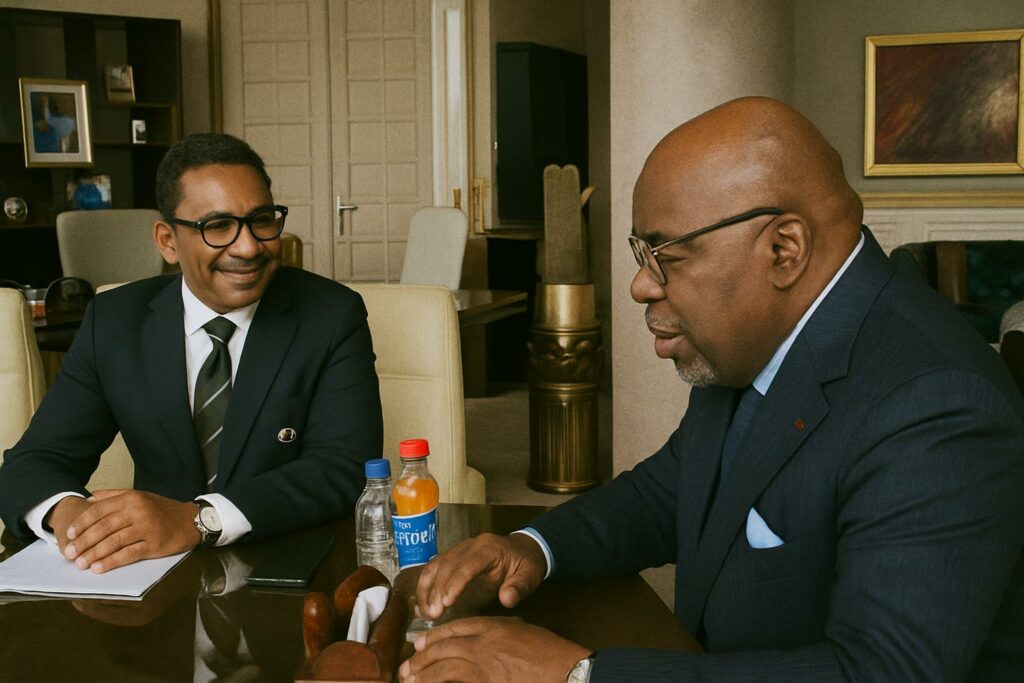UN’s Strategic Energy Partnership
The prospect of the United Nations providing strategic support to Congo’s hydrocarbon sector, particularly in natural gas, could herald significant developments with far-reaching implications for environmental goals and economic advancement. On May 6, in Brazzaville, Abdourahamane Diallo, the UN System’s Coordinator in Congo, emphasized the pivotal role natural gas plays in aligning with climate agendas. This sector, regarded as a relatively cleaner energy source, is poised to facilitate regional growth while aligning with international environmental commitments.
Ecosystems and Economic Impact
Following discussions with Bruno Jean Richard Itoua, Congo’s Minister of Hydrocarbons, Diallo underscored the potential for substantial ecosystems to develop around natural gas exploitation. These ecosystems will necessitate the establishment of networks connecting distributors and consumers, fostering economic dynamism. The discourse also focused on research, environmental protection, and health sectors where UN support could be pivotal.
He articulated the integration of these themes into the forthcoming partnership framework (2027-2031), signifying a holistic approach that transcends hydrocarbon exploration. The involvement of various sectors would embody a multidisciplinary strategy, reinforcing Congo’s status as a central figure in regional energy transitions. Importantly, the discussions hinted at aligning these efforts with the larger frameworks of the African Union and NEPAD.
Mobilizing Expertise and Resources
Appreciating current advancements in the hydrocarbon sector, Diallo reaffirmed the UN’s commitment to supporting Congo through collective expertise, intelligence, and resources from its agencies. This endorsement not only highlights Congo’s strategic energy potential but also underscores UN’s role in aiding the Congolese ministry by providing both technical and financial resources.
The significance of oil revenue in Congo’s economy cannot be overstated. Diallo indicated that UN agencies could significantly influence the development and execution of a comprehensive roadmap, in collaboration with the Ministry of Hydrocarbons. This would guide Congo’s future energy landscape and ensure the country’s pivotal role within sub-regional energy initiatives.

